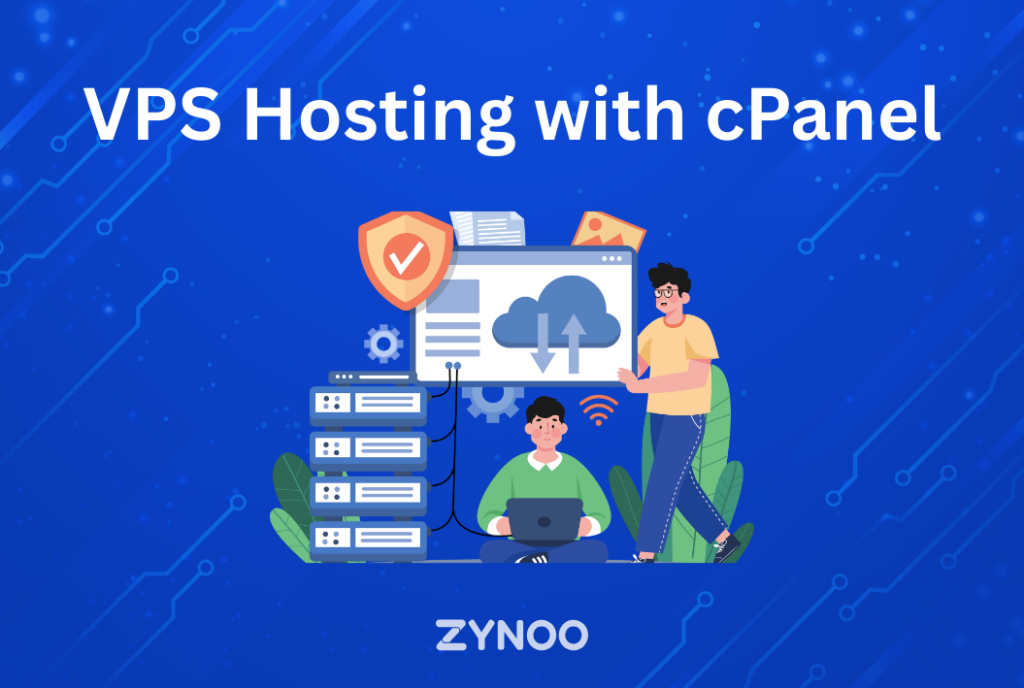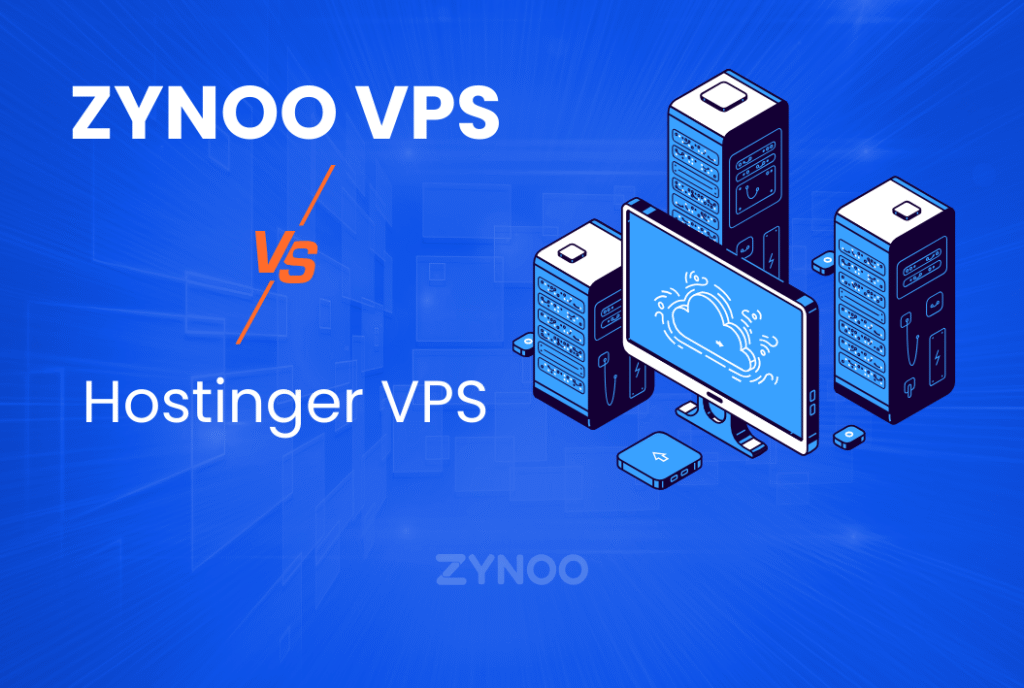In today’s competitive market, having a wide customer base and offering the best services are essential for fruitful outcomes. When it comes to database manager, then choosing the one between MariaDB vs MySQL is a complex task.
They both have their different features, pros, and cons. MariaDB has numerous unique features and it is the improved version of MySQL. In this article, we will discuss the features, pros, cons, and key parameters of both databases. This will help you to pick the one according to your expectations.
Meaning of MariaDB
Various data processing features are offered by MariaDB for different enterprises and office tasks. This improved MySQL version incorporates features that are unavailable in the real MySQL. Such as – performance and security.
MariaDB was created by the MySQL developers and released in 2009. Ensuring that the codebase of MySQL could be free for everyone is the major objective of designing MariaDB. The journey started with version 5.1 and the latest version is MariaDB Server 10.5. Currently, MariaDB Server 10.6 version is in the process.
This open-source platform provides advanced Galera technology. The technology offers backward compatibility, 12 new search engines, and supports a popular querying language. It operates under the BSD (Berkeley Software Distribution), LGPL (Lesser General Public License), or the GPL (General Public License).
For incorporating MariaDB into your systems, it’s essential to have any 1 of them. It is used by numerous large organizations, enterprise organizations, and Linux distributions due to its unique features. For example – Google, Wikipedia, ArchLinux, Fedora, and many more.
Features of MariaDB
Some of the features of MariaDB are the same as MySQL. However, it also offers many priceless and unique features. Some of them are as follows –
- As compared to MySQL, MariaDB is faster.
- It comes with various newer commands like KILL and WITH.
- A majority of server operating systems support it. For example – Windows, Linux, FreeBSD.
- Code conversion is easy because indexes, data structures and syntax are the same as MySQL.
- It is written in C++, PERL, BASH and C.
- It includes a long list of search engines. Such as – high-performance storage engines.
- MariaDB supports multiple programming languages.
Major advantages of MariaDB
User-friendly installation is the biggest merit of MariaDB. The other perks of this platform include – support for data operations, provides columnar storage for speedy analytics performance, budget-friendly cloud-based storage, seamless scaling, and higher business agility.
Cons of MariaDB
The software of MariaDB is new, so it can’t be trusted. Its other big disadvantage is – due to their new database software, companies are required to pay whenever any issue is noticed.
What is MySQL
The first open-source and most popular RDBMS is MySQL. Various alternatives are available today to MySQL. However, no one succeeds to beat MySQL. All the different variations of MySQL have the same syntax as MySQL.
MySQL was designed for keeping the data organized. Its first version was released by MySQL AB (a Swedish company) in 1995. In 2001, approx. 2 million installations are noticed by the software. Whereas by 2004, the software was installed 30,000 times daily.
Like other RDBMS, it also uses columns and rows for storing information. In addition to this, MySQL supports different foreign and primary keys for maintaining consistency and data integrity. It is used by multiple reputed organizations. Such as – NASA, US NAVY, We Chat, Facebook, Twitter, Spotify, and YouTube.
Features of MySQL
It is the first and the most popular RDBMS. Its efficiency in performance and regular updates are the major reasons for its success. Have a glance at the key features of MySQL.
- This flexible open-source software is the first in the market.
- This high-performance software can be used 24*7 from anywhere.
- Various server operating system supports MySQL. Such as – Solaris.
- With MySQL router it offers routing.
- MySQL as a Relation database management system is secure and easy to use.
Besides these features, high-performance, speed, productivity, memory efficiency, compatibility, and flexibility are other valuable features of MySQL.
Advantages of MySQL
The first and the most important merit of using MySQL is data security. This popular RDBMS is used in WordPress, Twitter, Facebook, and other web applications. Data means a lot fore-commerce and other businesses. Besides data security, 24*7 uptime, high performance, and on-demand flexibility are the other priceless merits of MySQL.
Disadvantages of MySQL
In addition to pros, MySQL also has some cons. As Oracle owns it, there are various restrictions. Moreover, it does not support integration and its triggers impose a heavy load on the server. So, it is not recommended for large-scale data. Furthermore, in comparison to MariaDB, slower speed and lower storage options are noticed in MySQL.
MariaDB vs MySQL
Needless to say, now you have become aware of both worlds after discussing their meaning, features, and importance. No matter how priceless the product is, it is not meant for all. Here are some parameters on which your MariaDB vs MySQL decision is based.
- Speed and performance – Performance refers to storing data according to your requirements and expectations. On the same token, speed is the ability to quickly completing transactions and executing queries.
- Syntax and database structure – You can’t access the information in the database in the absence of a proper format for executing codes. So, they both are of great importance for the operation of any database.
- Database connectors and compatibility – Database connectors maintain the relation between different tables in the database. Whereas compatibility ensures that the program can perform on different platforms.
Final words
In this article, we discussed a comprehensive analysis of MariaDB vs MySQL. As we discussed above, they both have their pros and cons so it’s not easy to choose the best. The mentioned parameters will help you to judge them. However, the final decision will depend on your business goal and budget.



